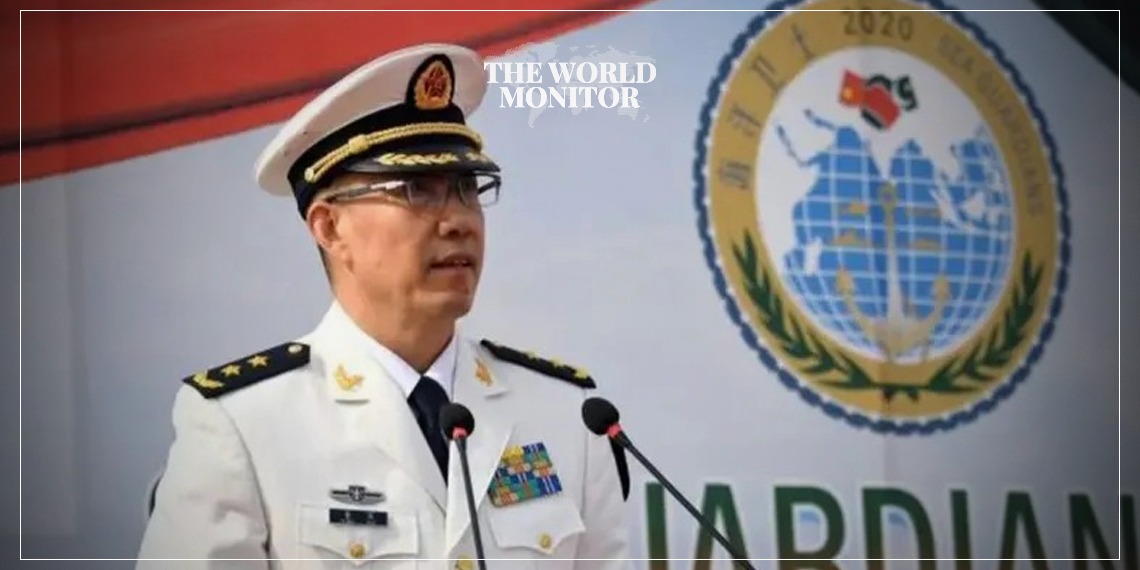Beijing announced on Wednesday that Chinese Defense Minister Dong Jun has invited his American counterpart, Lloyd Austin, to enhance “trust” between the two countries during the first bilateral defense talks at this level in about 18 months.
The Chinese Defense Minister informed his American counterpart that Washington should respect China’s sovereignty, rights, and interests.
He also explained to his counterpart that the two countries should establish a military cooperation relationship based on respect.
The Chinese Ministry of Defense stated in a press release that Dong told Austin, “China and the United States… should regard peace as the most precious matter and stability as the most important matter, and trust as the foundation of dealings,” adding that the two countries “should gradually build mutual trust.”
Facing China
It should be noted that in the recent period, the United States and its allies, including Japan, have been enhancing their militaries to face what they see as an increasing threat from Beijing in the South China Sea and the East China Sea, as well as to deter any attempt to take over Taiwan, an autonomously governed island, which the Chinese authorities consider part of their territory.
Recent developments in U.S.-China relations, particularly over the last few months, show a mix of strategic competition and cautious engagement. A key event was the Biden-Xi summit held in San Francisco in November 2023, which aimed to stabilize the tense relationship following the Chinese spy balloon incident early in the year. Despite the longstanding issues such as trade, Taiwan, and human rights remaining unresolved, the summit yielded several practical agreements. These included resuming military-to-military dialogues, commitments to environmental cooperation, restarting discussions on narcotics control, and enhancing bilateral people-to-people exchanges.
Moreover, 2024 is seen as a precarious year for bilateral relations due to major political events in both countries—the Taiwanese presidential elections and the U.S. presidential elections—which could influence or disrupt the diplomatic groundwork laid in 2023. Both sides appear to be managing their expectations, focusing on maintaining a floor under the relationship rather than achieving any significant breakthroughs.






